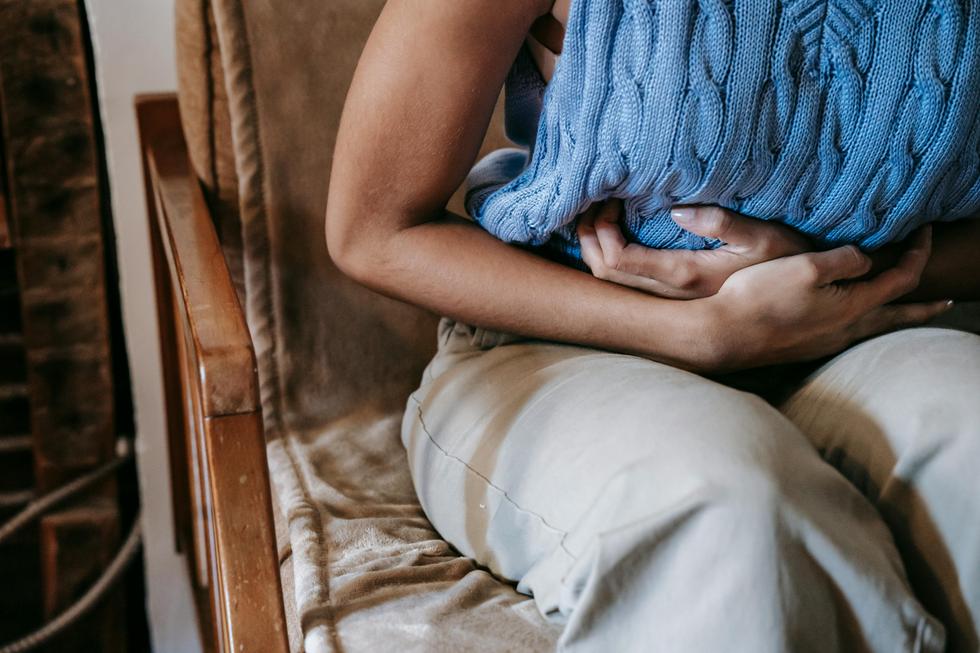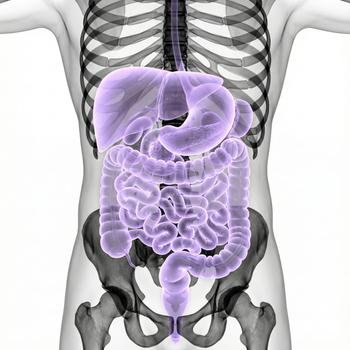Quick version
Common digestive issues
Digestive discomfort can manifest in many different ways — sometimes with only vague symptoms or a sense that something feels off. Common signs include:
- a pressing sensation in the upper abdomen
- bloating or gas
- difficulty completely emptying the bowels
- discomfort without pain
These symptoms can feel concerning, especially when test results show nothing abnormal.
Why tests show no abnormalities
Through standard blood tests such as CRP (inflammation), blood count, and liver values, doctors primarily detect conditions involving inflammation or tissue damage. Gastrointestinal issues — for example, how quickly the intestines move or how sensitive they are to stretching — rarely appear in such test results.
Abdominal MRI reveals more digestive issues
An MRI (magnetic resonance imaging) of the abdomen provides detailed images of soft tissues and organs such as the liver, kidneys, intestines, pancreas, and bile ducts. The method can reveal changes like organ inflammation, cysts or tumors, gallstones, thickened intestinal walls, or enlarged lymph nodes. However, MRI does not show functional issues such as gut health, slow bowel movements, or gas-related problems.
Common causes despite normal findings
Even if neither blood tests nor MRI show any abnormalities, there are still several possible explanations for the symptoms:
- Irritable bowel syndrome (IBS): a harmless but common disturbance in the intestinal nervous system that does not appear on MRI.
- Dysbiosis: an imbalance in the gut microbiota that can affect digestion.
- Stress and muscle tension: can cause a feeling of pressure and altered breathing.
- Mild constipation: may cause vague symptoms such as bloating and abdominal pressure.
- Intolerances such as lactose or fructose intolerance can cause gas and discomfort.
When should you seek medical care?
Most people with functional digestive problems can get help from primary care. Seek medical attention if you experience symptoms such as unexplained weight loss, blood in the stool, persistent vomiting, nighttime pain, or rapidly increasing discomfort.
Preventive treatment and self-care
Certain lifestyle factors can help reduce symptoms and improve gut health. To prevent digestive problems, consider following these guidelines:
- Eat regularly and chew your food thoroughly
- Drink plenty of water
- Keep a food diary if you experience symptoms, to identify foods that worsen the condition
- Exercise, prioritize recovery, and learn methods for stress management























